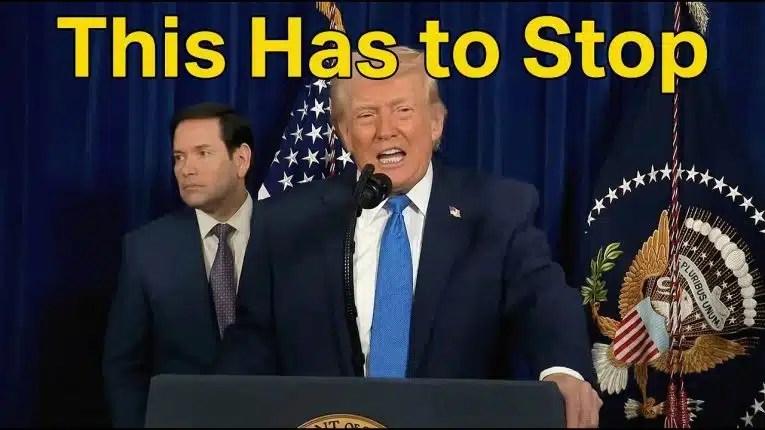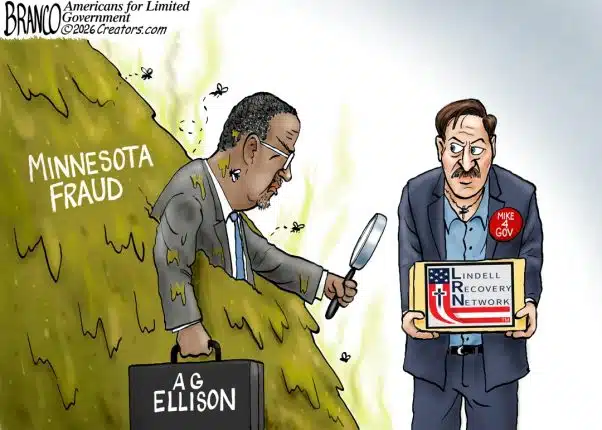 By Rebekah Rast — “The fish are so big and there are so many of them they are almost coming up on the beach,” says Chip Blackburn, owner of his charter boat Miss Mary in Mexico City, Florida, in the Gulf of Mexico.
By Rebekah Rast — “The fish are so big and there are so many of them they are almost coming up on the beach,” says Chip Blackburn, owner of his charter boat Miss Mary in Mexico City, Florida, in the Gulf of Mexico.
This is every fishermen’s dream right? So many big fish that you can see them from the shore? Unfortunately this fishermen’s dream is only a tease for Blackburn. He must wait until the National Marine Fisheries Service (NMFS) tells him when he can begin his limited 40 days of fishing this water’s signature red snapper species. That’s it — 40 days out of 365.
“When I started this business 30 years ago, I could fish 12 months out of the year,” Blackburn recalls. “Now I get 40 [days], and next year it might only be 25 as the fish get bigger and there are more of them. It’s hard to make a living working only 40 days out of the year.”
Blackburn is now thinking of going out of business. Cutting back is not an option as his business is only a two-person operation.
How does a fishery business survive when it is burdened with such sweeping and overbearing federal regulations from the NMFS, a part of the National Oceanic and Atmospheric Administration (NOAA)? It doesn’t. But then again, maybe this is the goal of the Obama administration — to put all privately owned, independent fisheries out of business.
Why else has the president been so bent on creating new restrictions for fisheries nationwide? New ideas of how to take over the nation’s oceans, lakes and wetland came into play as soon as the president took office. In fact, one of his latest schemes, the National Ocean Policy, was put into action through an Executive Order, bypassing our nation’s lawmakers.
Why did the president need to exercise the use of an Executive Order in this case? In 2007, a similar bill was proposed in Congress, which at that time was controlled by Democrats in both chambers, called OCEANS-21. It would have established a comprehensive National Oceans Policy, very similar to what the president is working on today. The bill never became law. Realizing the opposition he would face today if he asked for similar legislation, he decided an Executive Order was the best way to get his way.
If funded, this policy would give this administration rights to all waterways in the U.S. Telling people where, if anywhere, they are allowed to fish, build and even recreate.
The White House claims this Executive Order “strengthens ocean governance and coordination, establishes guiding principles for ocean management, and adopts a flexible framework for effective coastal and marine spatial planning to address conservation, economic activity, user conflict, and sustainable use of the ocean, our coasts and the Great Lakes.”
What the Executive Order really is: “private property theft,” says Blackburn.
Jim Donofrio, executive director of the Recreational Fishing Alliance, agrees wholeheartedly. “This is a government takeover of every piece of water that drains into the Atlantic, Pacific and Gulf of Mexico,” he says. “This is taking state’s rights away, land rights and personal property rights.”
This new policy comes on top of many other federal rules already in place for fishermen. They can’t just fish for whatever and wherever they like; there are many loopholes they have to go through to get the proper permits.
“This process is slow to begin with,” Donofrio states. “You already have to deal with federal laws, treaties and the like. This policy is touted as environmental protection but it’s just another way of creating bureaucratic jobs and holding up any progress we have made on fishing.”
Due to the threat of this policy being implemented and other federal rules that could change at any time from NMFS and Environmental Protection Agency (EPA), Blackburn has already seen many charter fishermen go out of business in his small town. He might be next, along with many others nationwide.
How is this policy even able to be implemented if no budget has been designed for it in Congress? Simple, you ask other federal agencies to reprioritize.
The White House’s National Ocean Policy Draft Implementation Plan reads, “While we cannot speak to the details of the FY 2013 Budget at this time, agencies have been instructed to prioritize the Policy in their budgets.”
For fear of Obama getting his way and putting hundreds of thousands of hard-working Americans out of business, a diverse group of 83 industry leaders, as part of the National Ocean Policy Coalition, sent a letter to U.S. Rep. Hal Rogers (R-Ky.), Chairman of the Appropriations Committee, asking that funding for Obama’s National Ocean Policy be prohibited.
On a positive note, an amendment by Rep. Bill Flores (R-Texas) to the FY 2013 Departments of Commerce and Justice, Science, and Related Agencies Appropriations bill to halt funding for the implementation of Obama’s ocean zoning and National Ocean Policy passed the House on May 10.
However many hurdles remain to ensure fisherman, like Blackburn, can keep his business.
“My town has 1,200 people — no traffic light — just a marina and most the money comes from fishing,” Blackburn says. He mentioned fuel sales were down 35 to 40 percent this year since fishing days are so limited. “With what’s going on now, our town is in a worse position than it was during the oil spill,” he says. “We were busy before the spill, now we aren’t.”
Donofrio is equally concerned. “I am praying to God that Mitt Romney gets elected and saves this country,” Donofrio explains. “And that his first week in office he rescinds all these Executive Orders — especially this one.”
Donofrio says those who are affected by these water policies are patriots and will fight these threats every way they can.
“People can’t stay in business and abide by these laws,” he says.
Bill Wilson, president of Americans for Limited Government (ALG), expressed outrage, “Law abiding Americans should not be forced to choose between their livelihoods and following an Executive Order that has not passed Congress and is not being funded by Congress.
“This is the ultimate thug government mentality that has become all too prevalent with this Administration.”
So, Mr. President, what will it be: rescind impossible-to-follow laws or put tens of thousands more Americans out of work? Rest assured these tens of thousands of livelihoods that hang in the balance of arbitrary orders, like this one, will be at the polls come November.
Rebekah Rast is a contributing editor to Americans for Limited Government (ALG) and NetRightDaily.com. You can follow her on twitter at @RebekahRast.






